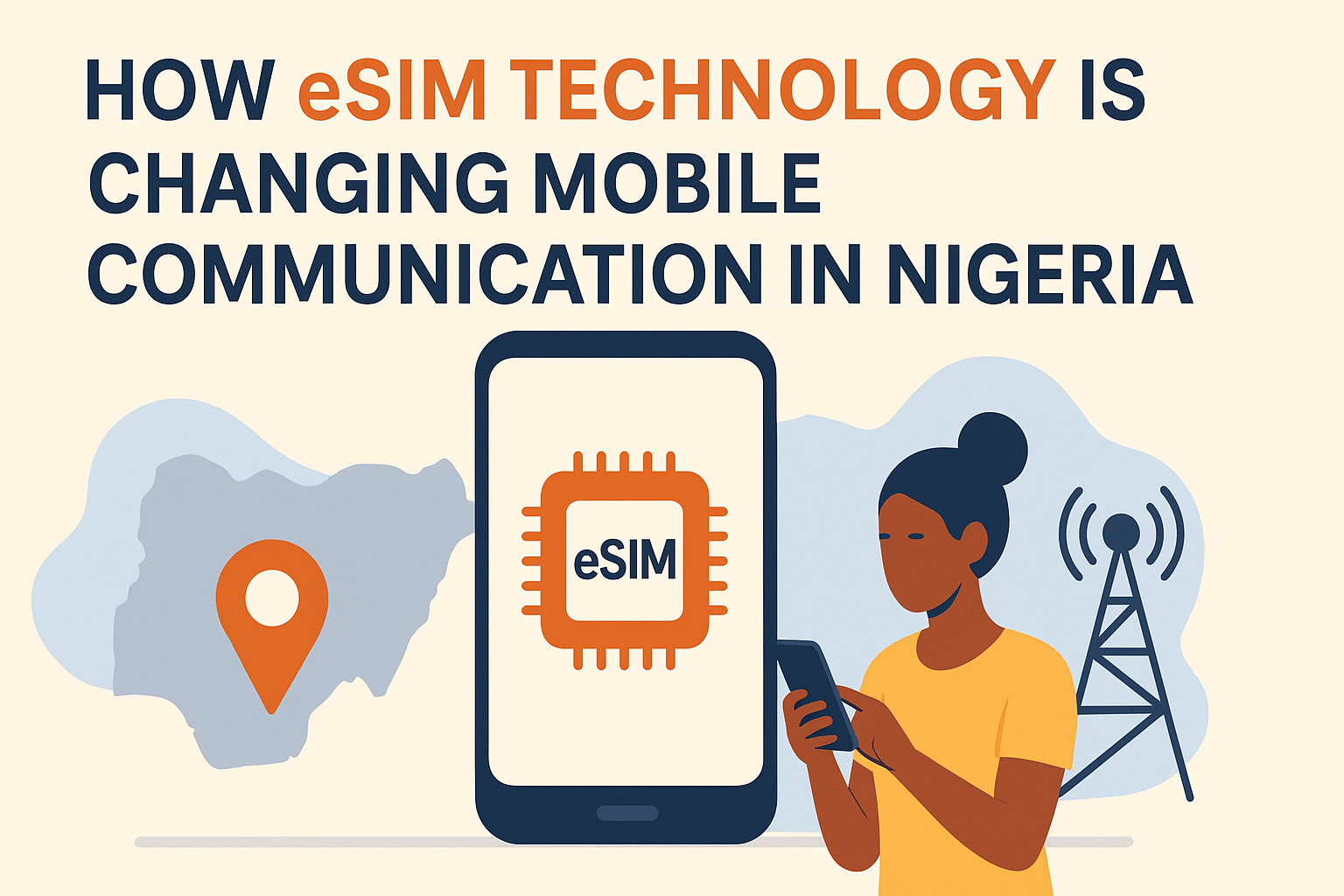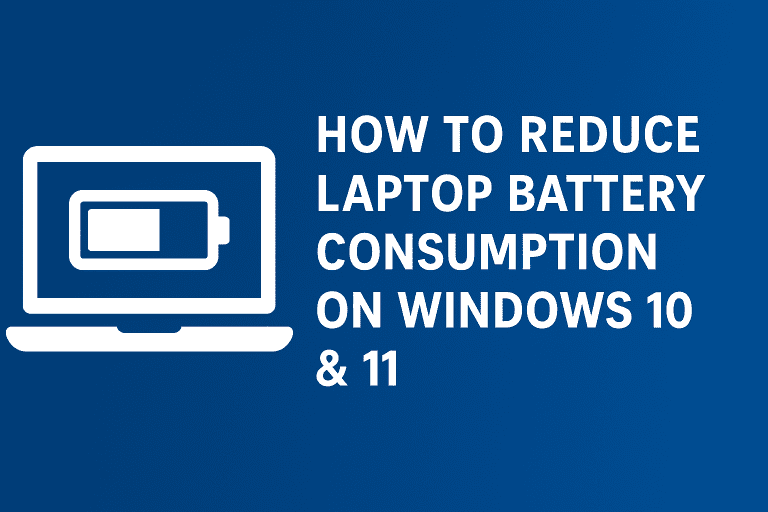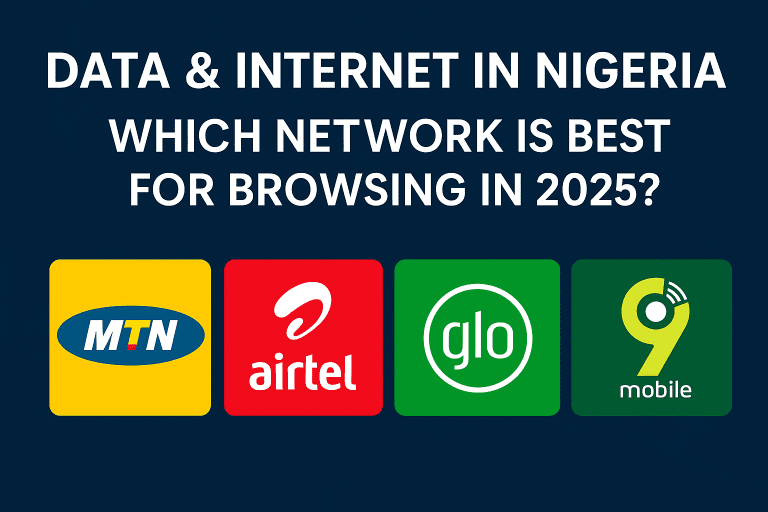How eSIM Technology is Changing Mobile Communication in Nigeria (2025 Guide)
Introduction
The world of mobile communication is evolving rapidly, and Nigeria is no exception. With the rise of eSIM technology, Nigerians are beginning to experience a new way of staying connected without relying on traditional SIM cards. As smartphones and telecom services advance, eSIM adoption is expected to reshape the telecom industry, offering Nigerians more flexibility, better connectivity, and enhanced digital experiences.
This article explores what eSIM is, how it works, its adoption in Nigeria, its benefits, its challenges, and the future of mobile communication.
What is eSIM Technology?
An eSIM (embedded SIM) is a digital SIM that allows users to activate a mobile plan without physically inserting a SIM card. Unlike traditional SIMs, eSIMs are built into smartphones, smartwatches, or tablets and can be programmed remotely by network providers.
This means users can switch carriers, activate multiple numbers, and enjoy seamless connectivity—all without visiting a telecom shop for a SIM replacement.
Read also: How to Use AI Tools to Boost Your Small Business in Nigeria (2025 Guide)
How eSIM Works in Nigeria
In Nigeria, leading telecom providers like MTN, Airtel, and 9mobile have begun introducing eSIM support. The process usually involves:
- Checking device compatibility (latest iPhones, Samsung Galaxy, Google Pixel, and some smartwatches support eSIM).
- Requesting an eSIM profile from the telecom provider.
- Scanning a QR code provided by the network operator.
- Activating the plan on your phone without inserting a physical SIM.
Benefits of eSIM Technology in Nigeria
1. Convenience & Flexibility
Nigerians can easily switch between telecom providers without buying or swapping SIM cards. This is especially useful for frequent travellers and business users.
2. Multiple Profiles on One Device
eSIM allows multiple profiles, meaning you can have both personal and business lines on the same smartphone.
3. Improved Security
eSIMs are harder to clone or steal compared to physical SIM cards, reducing the risk of SIM-swap fraud—a major issue in Nigeria.
4. Supports IoT & Smart Devices
eSIM technology enables smartwatches, tablets, and IoT devices to connect independently without needing a physical SIM.
5. Eco-Friendly
By reducing plastic SIM production, eSIM contributes to a greener environment.
Challenges of eSIM Adoption in Nigeria
While promising, eSIM still faces several hurdles:
- Limited Device Support: Only newer and high-end smartphones currently support eSIM.
- Telecom Infrastructure: Nigerian telecom providers are still expanding eSIM compatibility.
- Awareness & Education: Many Nigerians are not yet aware of how eSIM works.
- Internet Dependency: Activation requires a stable internet connection, which can be challenging in rural areas.
Read also: How to Protect Your NIN and SIM Registration from Fraud in Nigeria (2025 Guide)
How to Activate eSIM in Nigeria (Step-by-Step)
- Check Device Compatibility (Settings → Cellular → Add Cellular Plan).
- Visit or Contact Your Network Provider (MTN, Airtel, 9mobile).
- Request eSIM Activation and obtain a QR code.
- Scan the QR Code using your phone’s eSIM setup option.
- Confirm Activation and start using your eSIM plan.
The Future of eSIM in Nigeria
- Wider Adoption – More Nigerians will embrace eSIM as mid-range smartphones begin to support the technology.
- Travel & Roaming Benefits – eSIM will allow travellers to buy local digital plans abroad without changing SIM cards.
- IoT Expansion – eSIM will power smart devices, smart homes, and connected cars in Nigeria.
- Stronger Security – As digital fraud increases, eSIM may become the preferred choice due to its advanced protection.
Conclusion
eSIM technology is set to revolutionise mobile communication in Nigeria by making connectivity easier, safer, and more efficient. While adoption is still growing, its potential impact on telecom, business, travel, and IoT is undeniable.
For Nigerians looking to stay ahead of digital trends, embracing eSIM is a step into the future of mobile connectivity.







